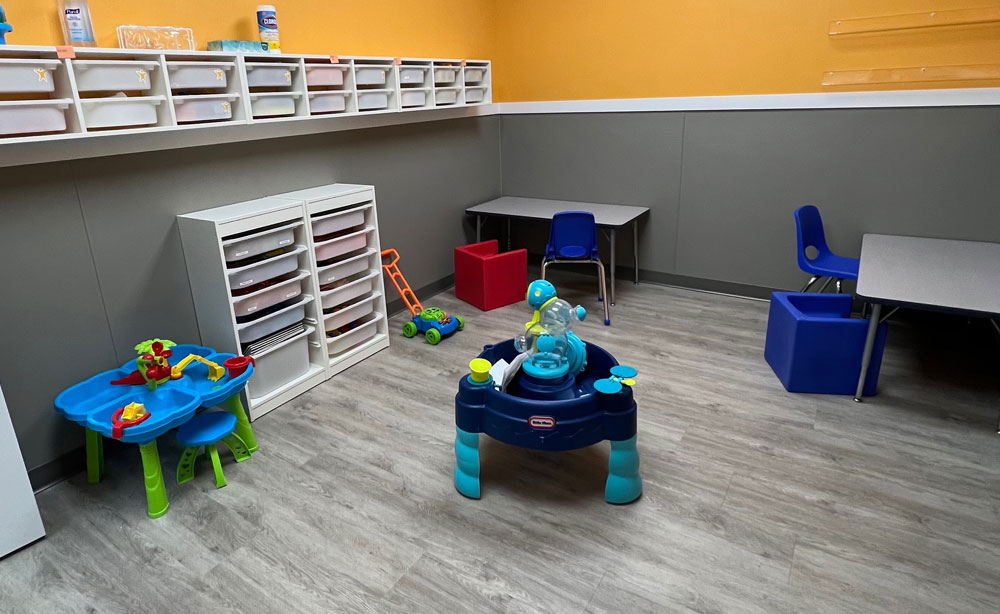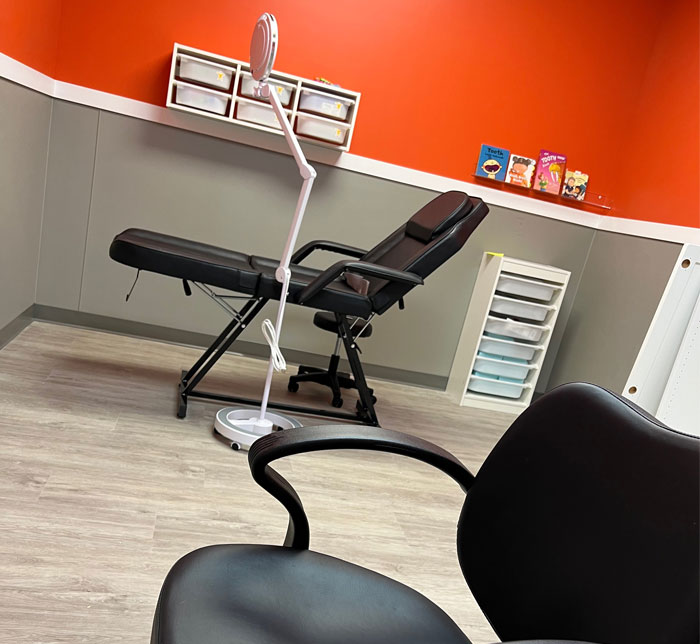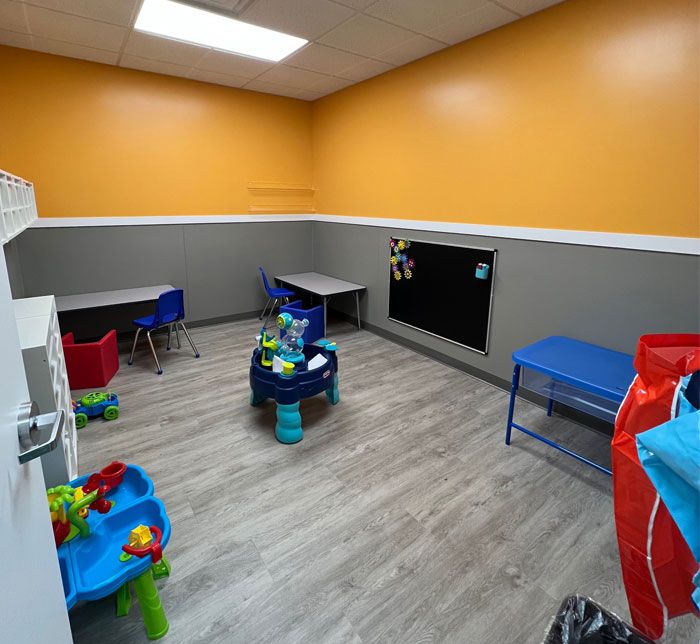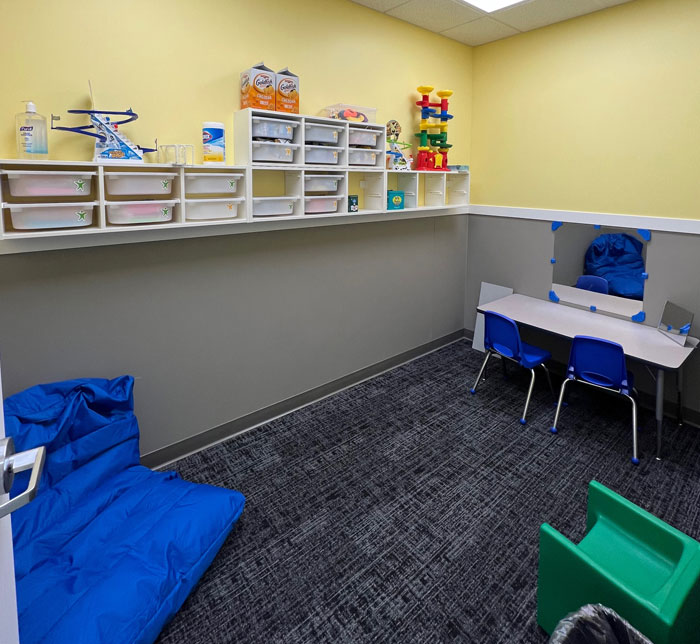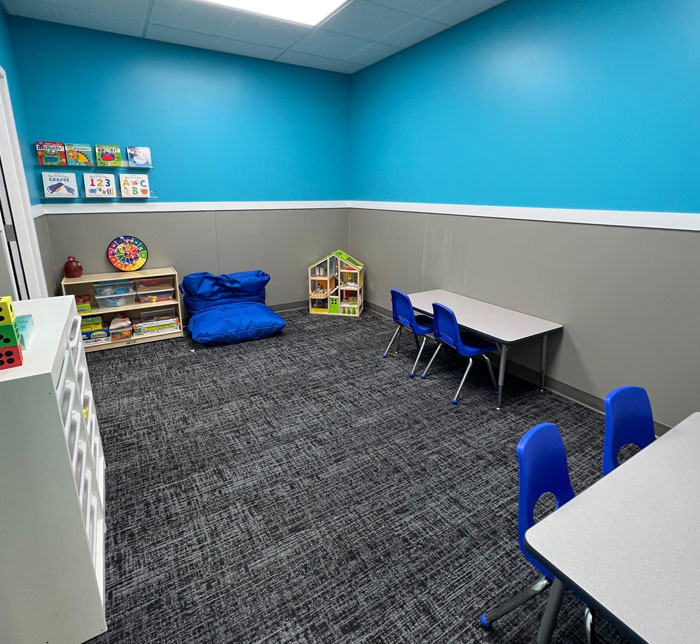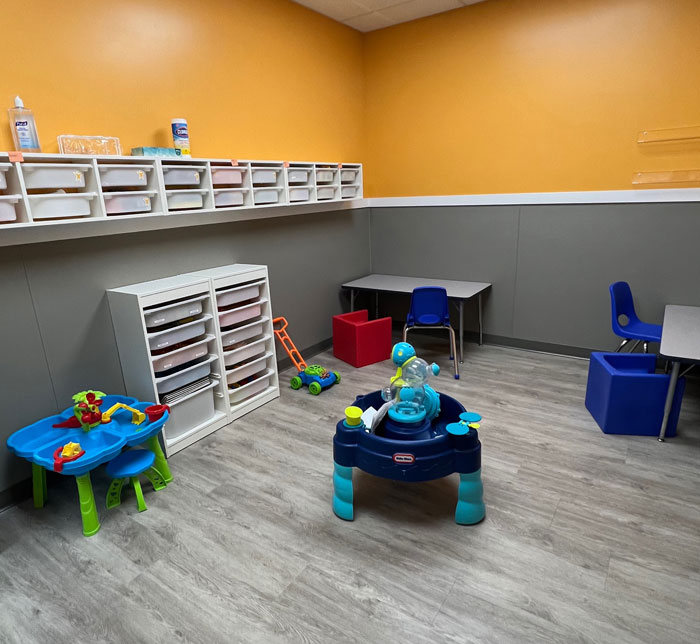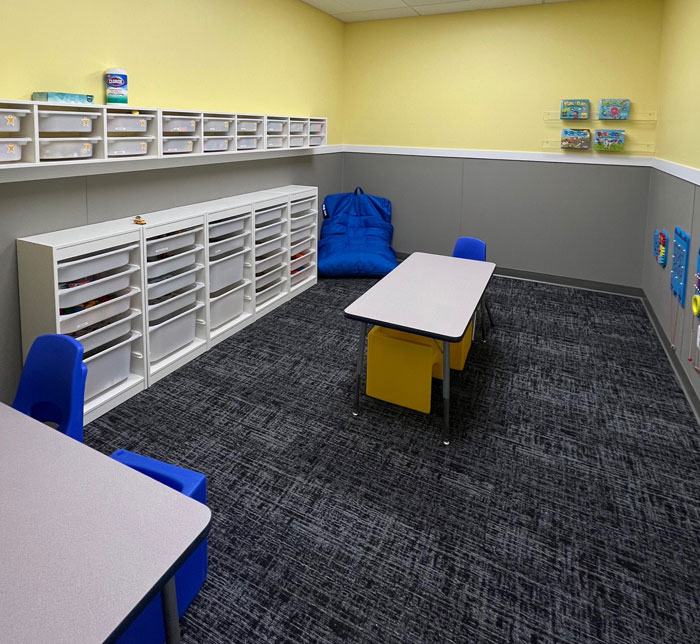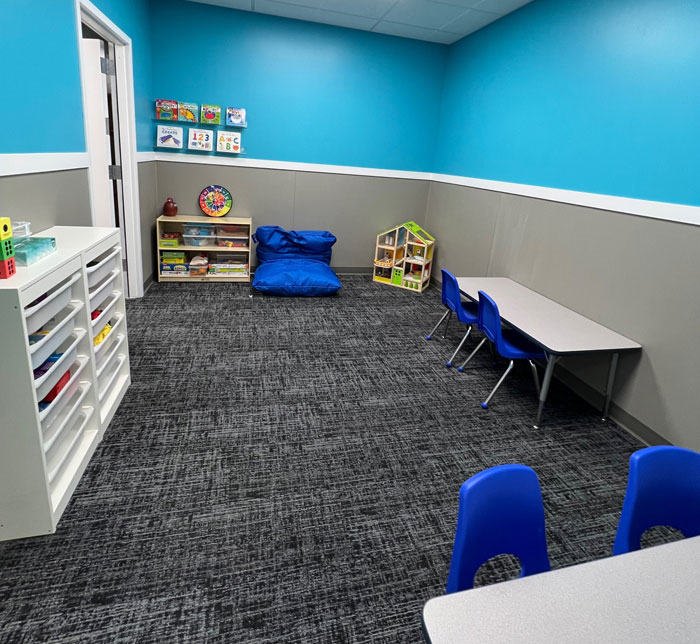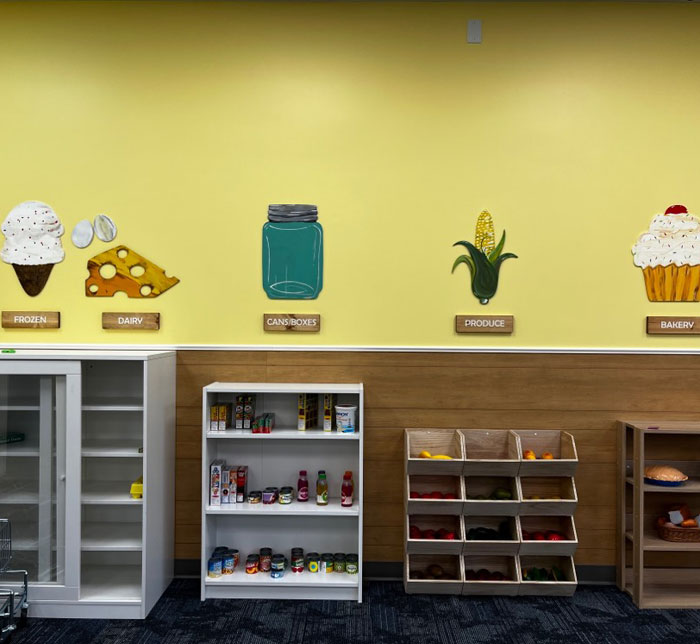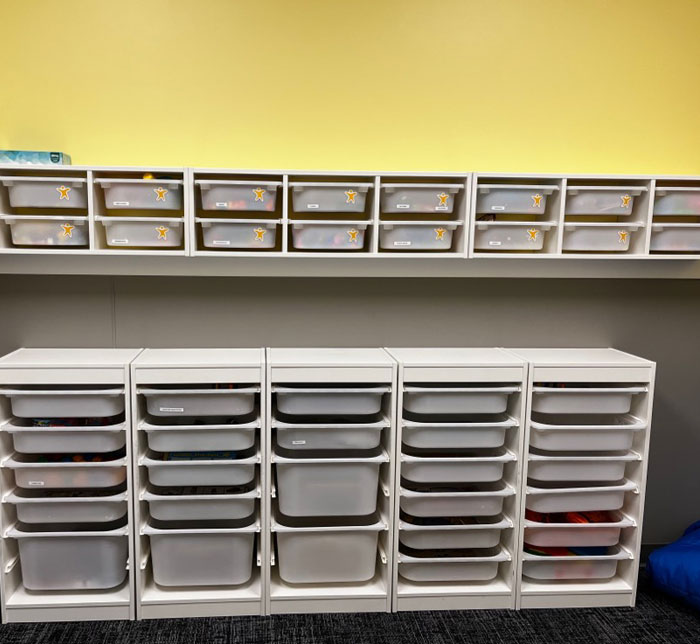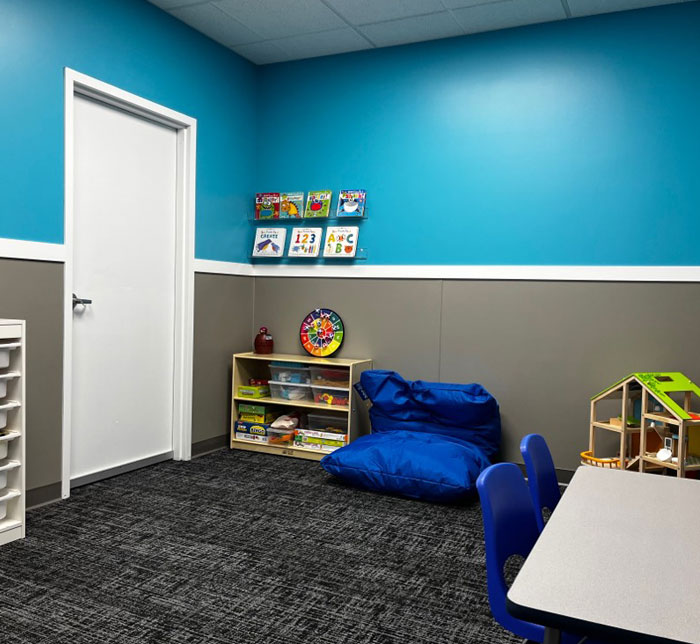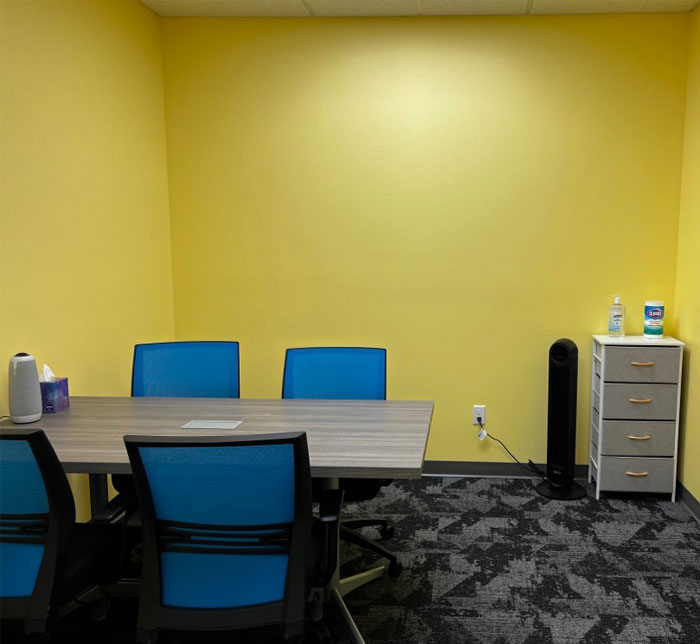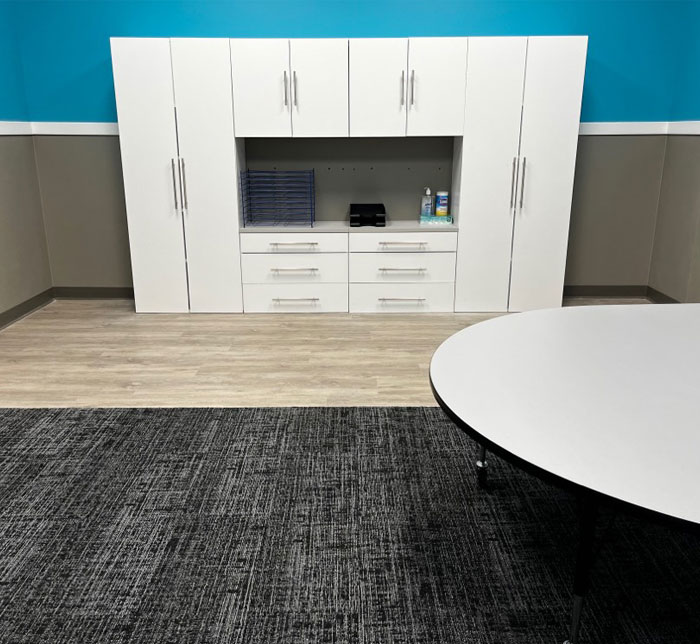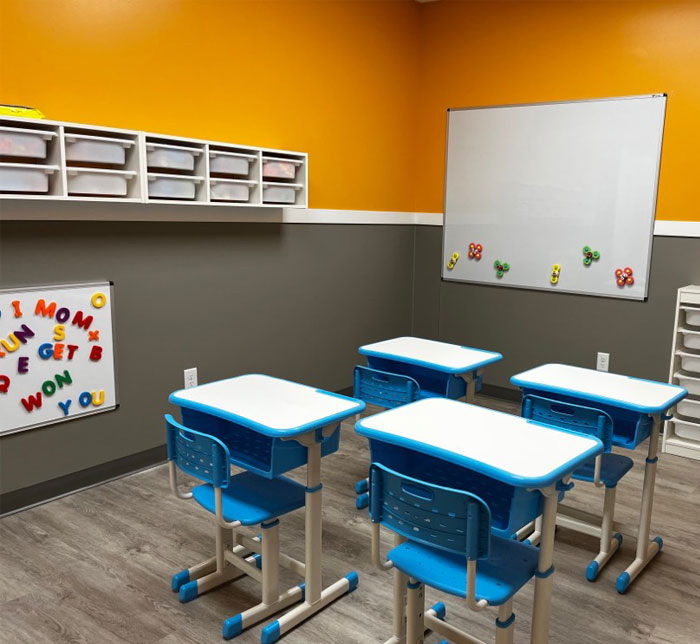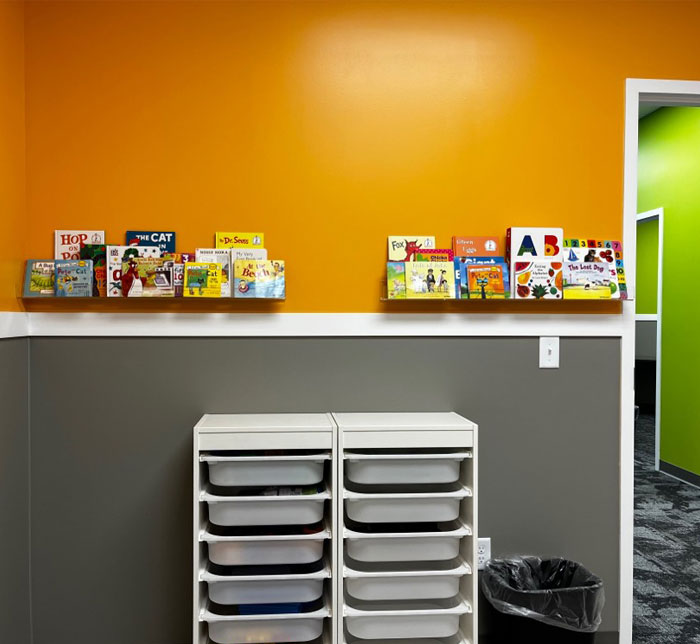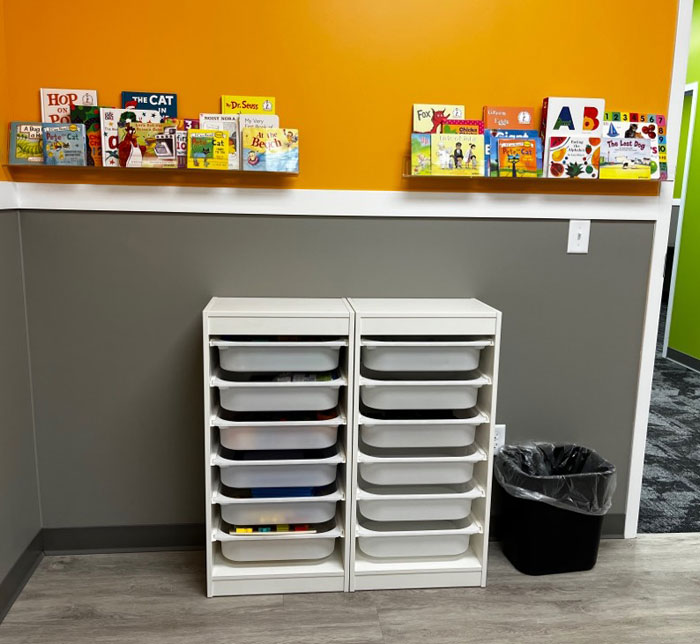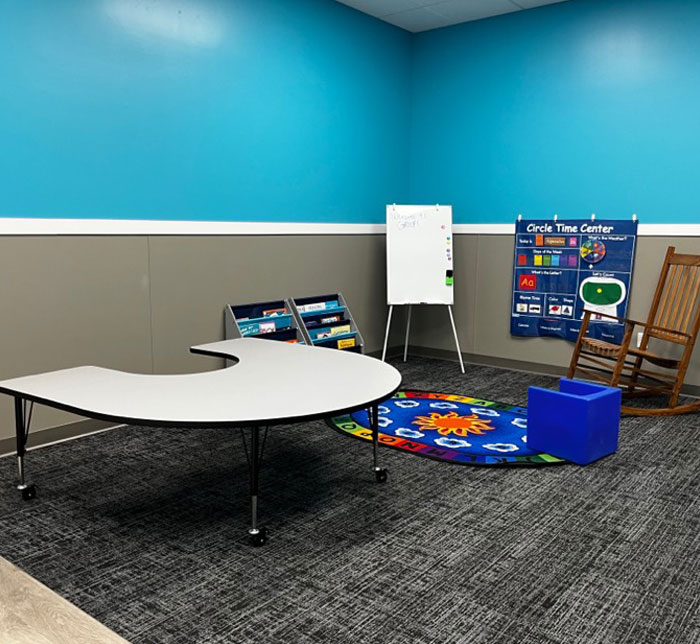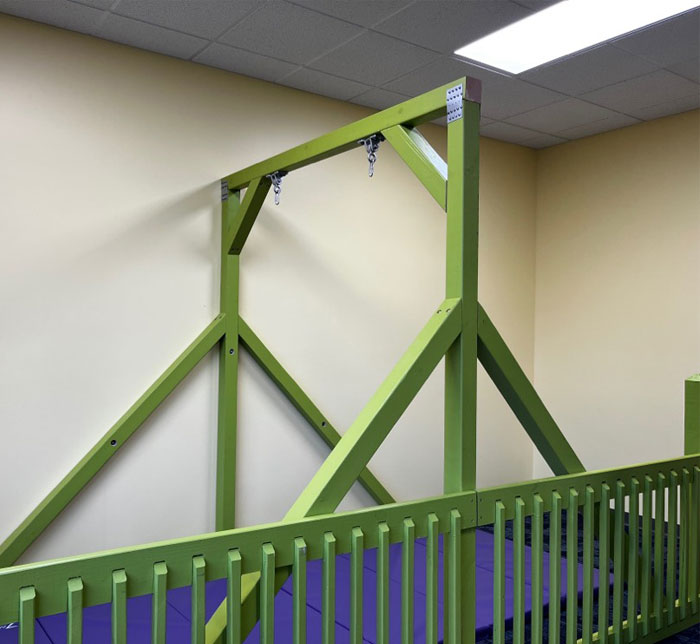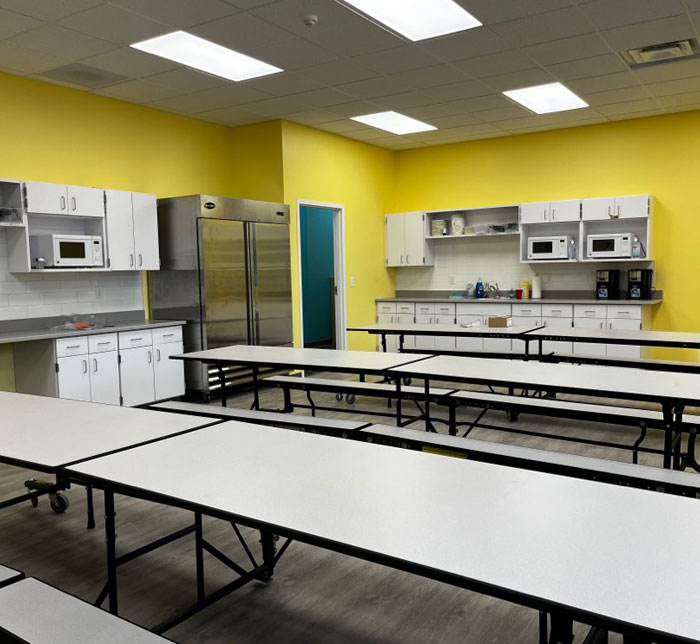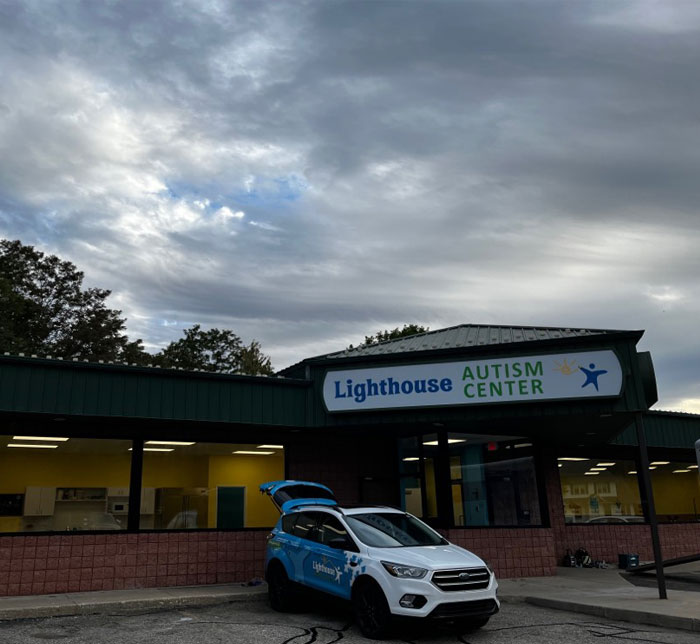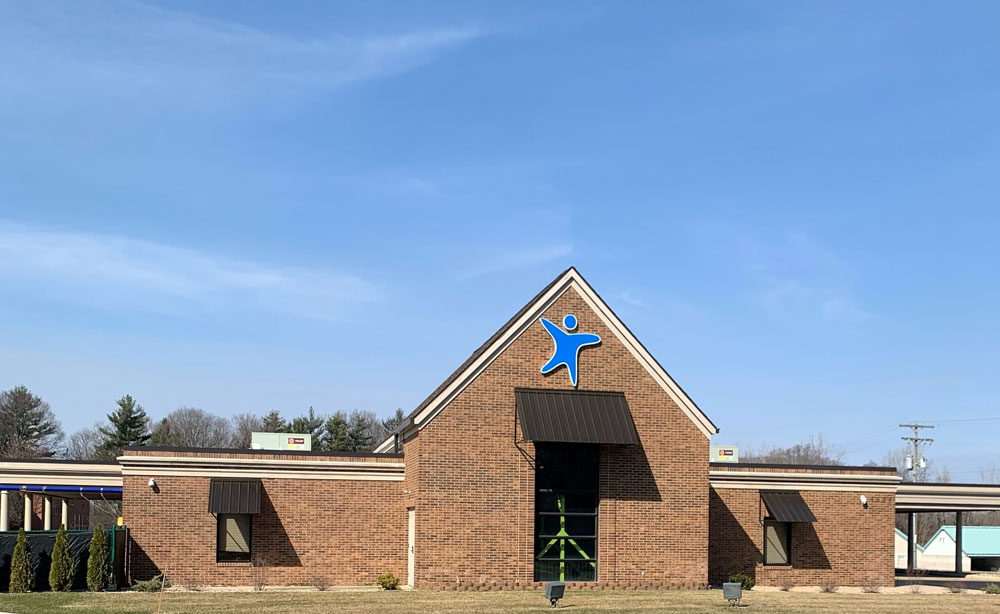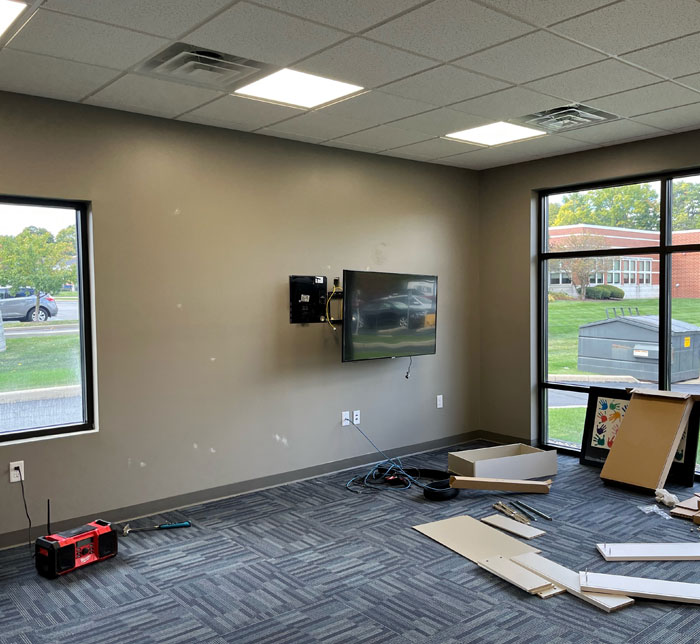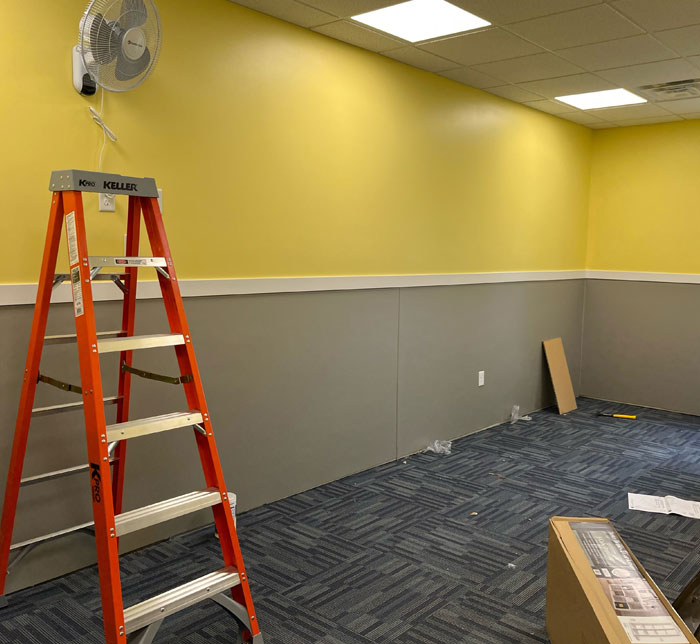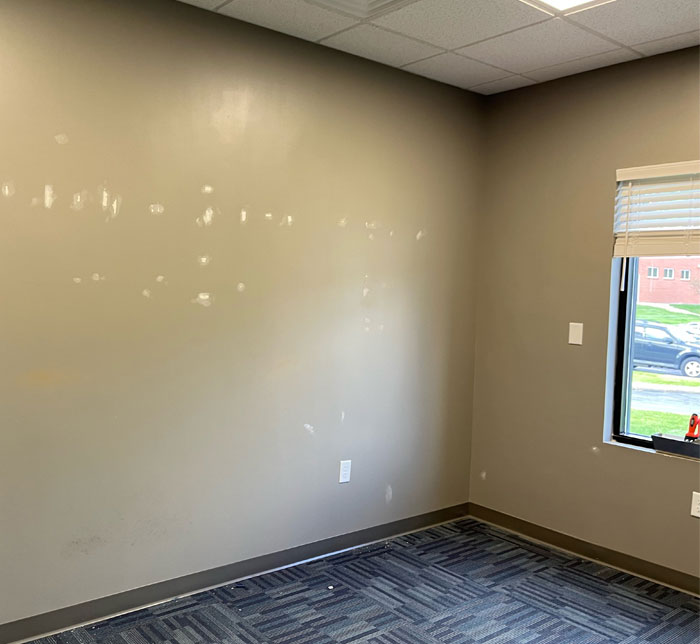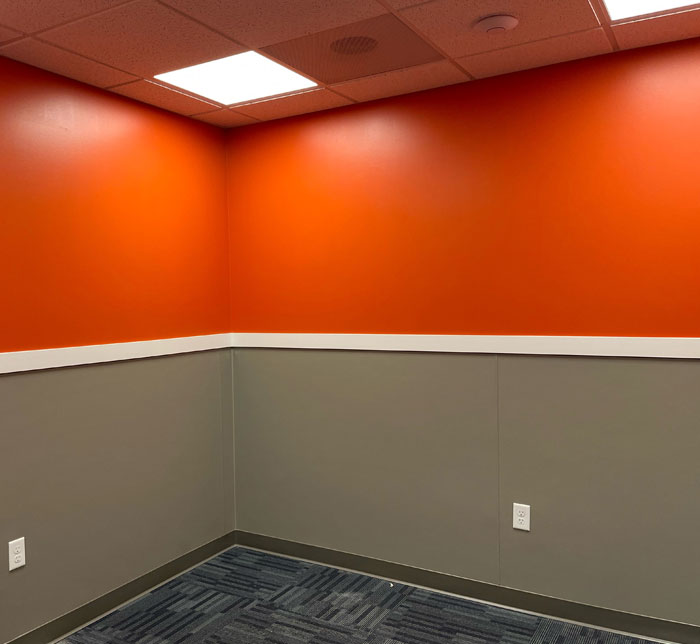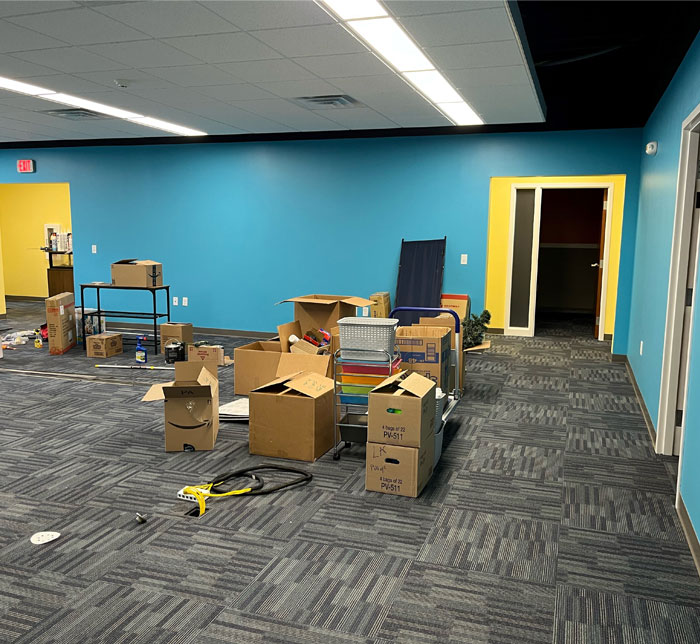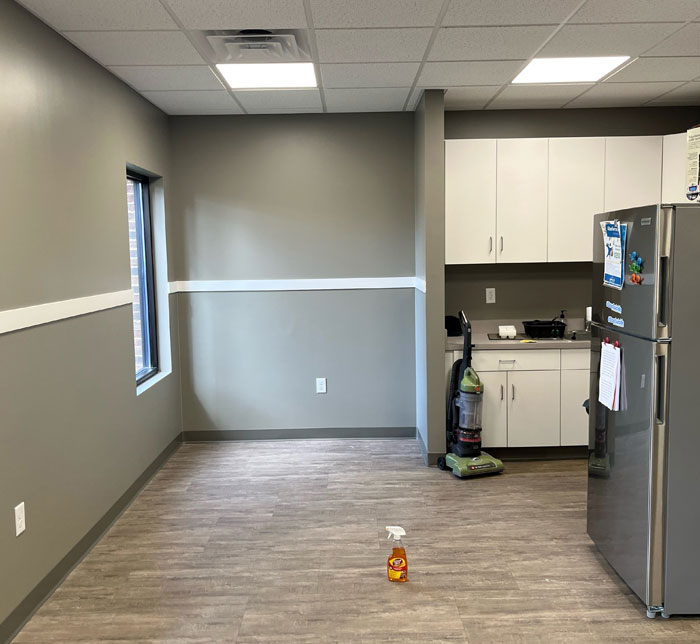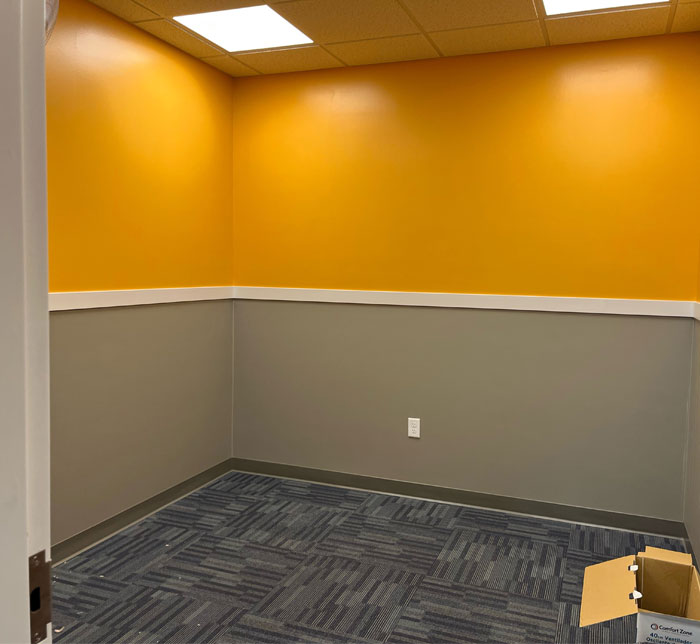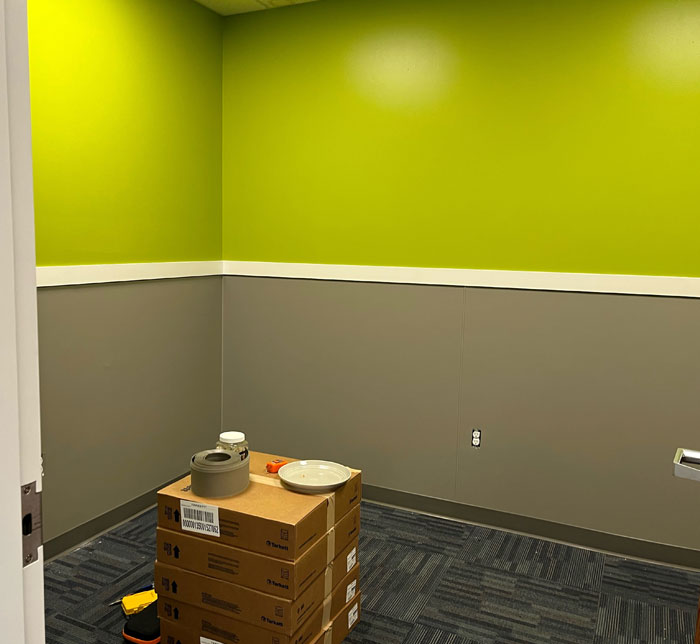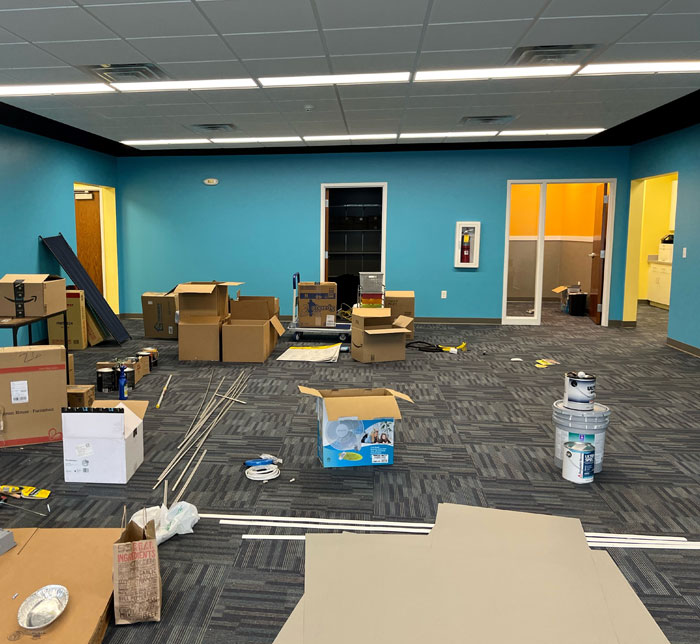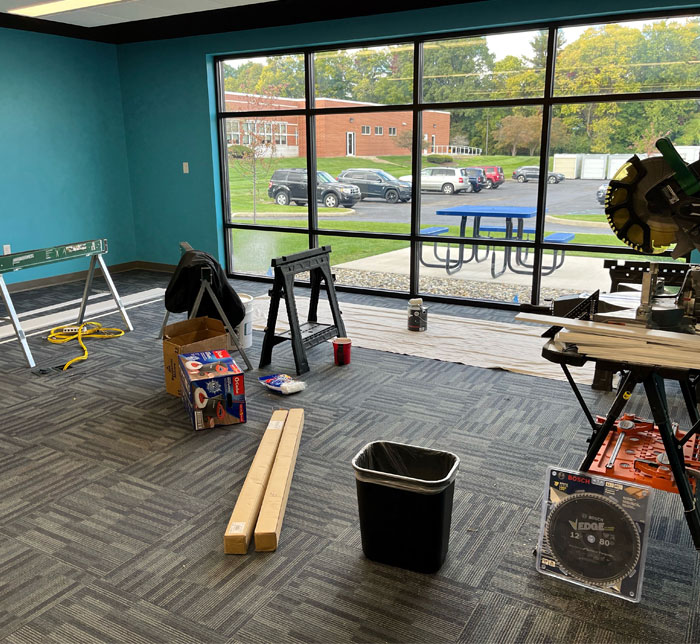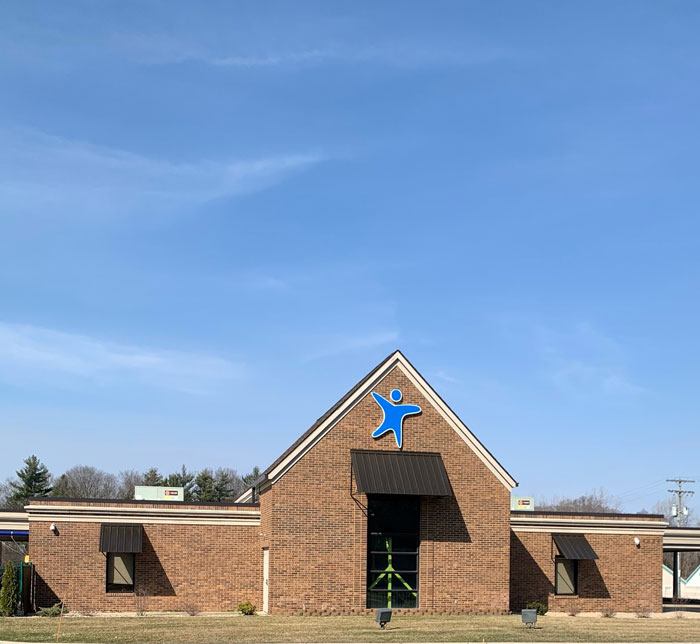ABA Therapy Center is Now Open in Kalamazoo, Michigan
Lighthouse Autism Center (LAC) continues to expand, now with a network of centers in three states – quite a journey from its humble beginnings serving four families in one building to now serving hundreds of families across three states for nearly a decade. It’s truly amazing.
Our newest state-of-the-art children’s autism center is now open and providing autism services to 28 children and their families and creating over 30 new jobs in the area.
Our mission is to provide the highest quality autism services to children and families by opening our newest Kalamazoo autism center. Lighthouse Autism Center has committed to continuing our mission in Kalamazoo, Michigan as the need for ABA services continues to grow. Lighthouse is determined to fill that need by opening new centers in underserved locations with facilities that can accommodate a larger capacity of learners, helping more families and children with autism, reach their goals.
Center for Autism in Kalamazoo
Lighthouse Autism Center is the Midwest’s leading autism therapy provider. With beautiful facilities that promote natural and play-based learning, and a team of highly trained and compassionate clinicians, Lighthouse Autism Center brings together compassionate care and clinical excellence to offer the highest quality ABA therapy to children with autism.
With a unique clinical model called Lighthouse Fusion, children at Lighthouse are making greater progress, faster, all while having fun. While other ABA centers typically keep ABA and speech therapies separate, Lighthouse Fusion brings these two therapies together into one enhanced therapy solution. We invite you to learn more about how this innovative clinical model is helping to unlock each child’s potential.
To learn more about Lighthouse Autism Center or enroll your child, contact our Family Outreach Coordinator at 269-249-1490 or visit www.lighthouseautismcenter.com.
Kalamazoo East Center contact information
3744 Gull Rd.
Kalamazoo, Michigan 49048
Family Outreach Phone: 269-249-1490
Don’t see an autism treatment center listed near you? Contact us and let us know the area you are in, and we will notify you when we have a center opening near you!
Play-based therapy rooms where our learners can naturally explore their interests, engage in sensory experiences, and practice language.
Find a Center Near You
Interested in finding an autism center near you? Click Find a Center below to view a full list of current autism therapy centers.


